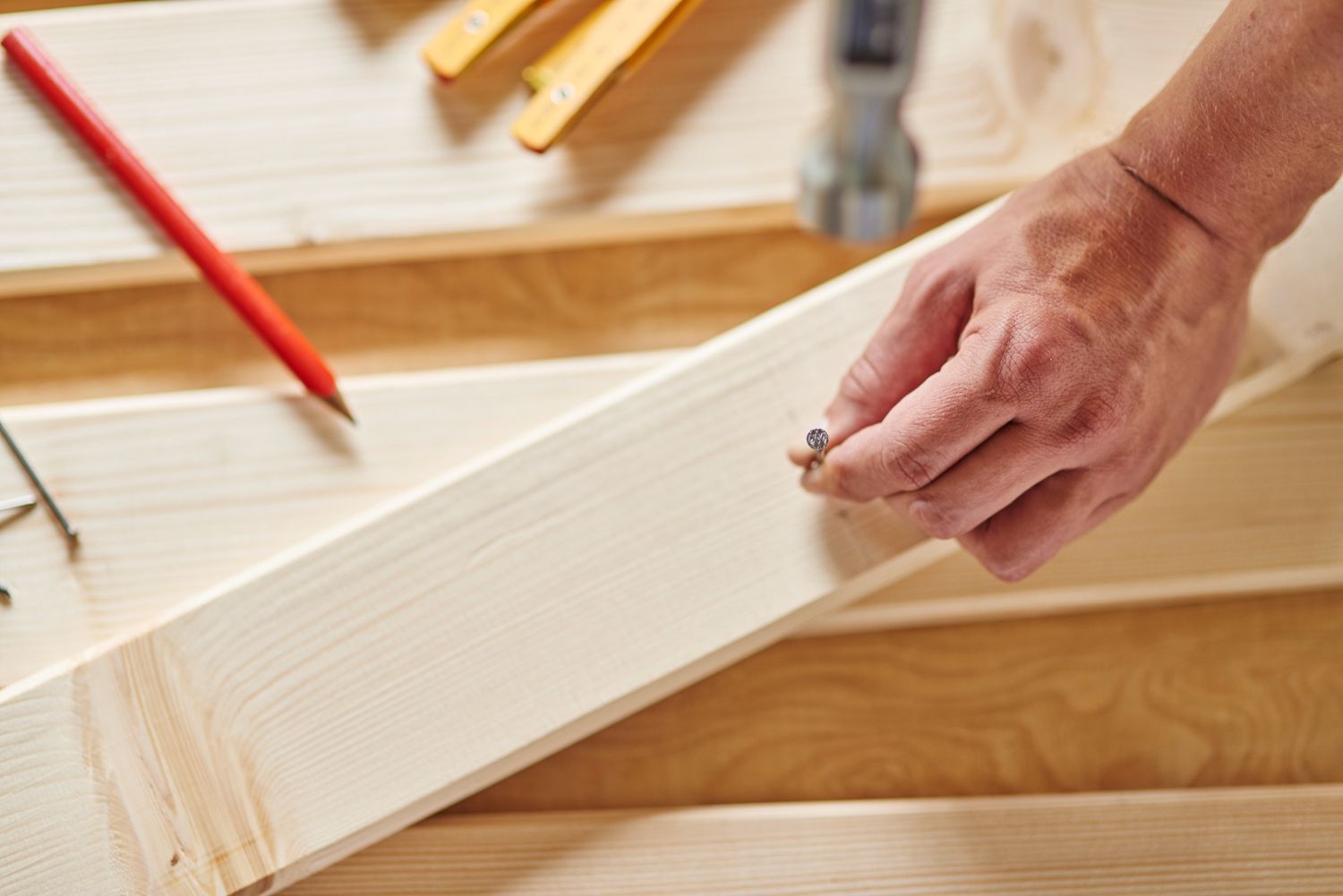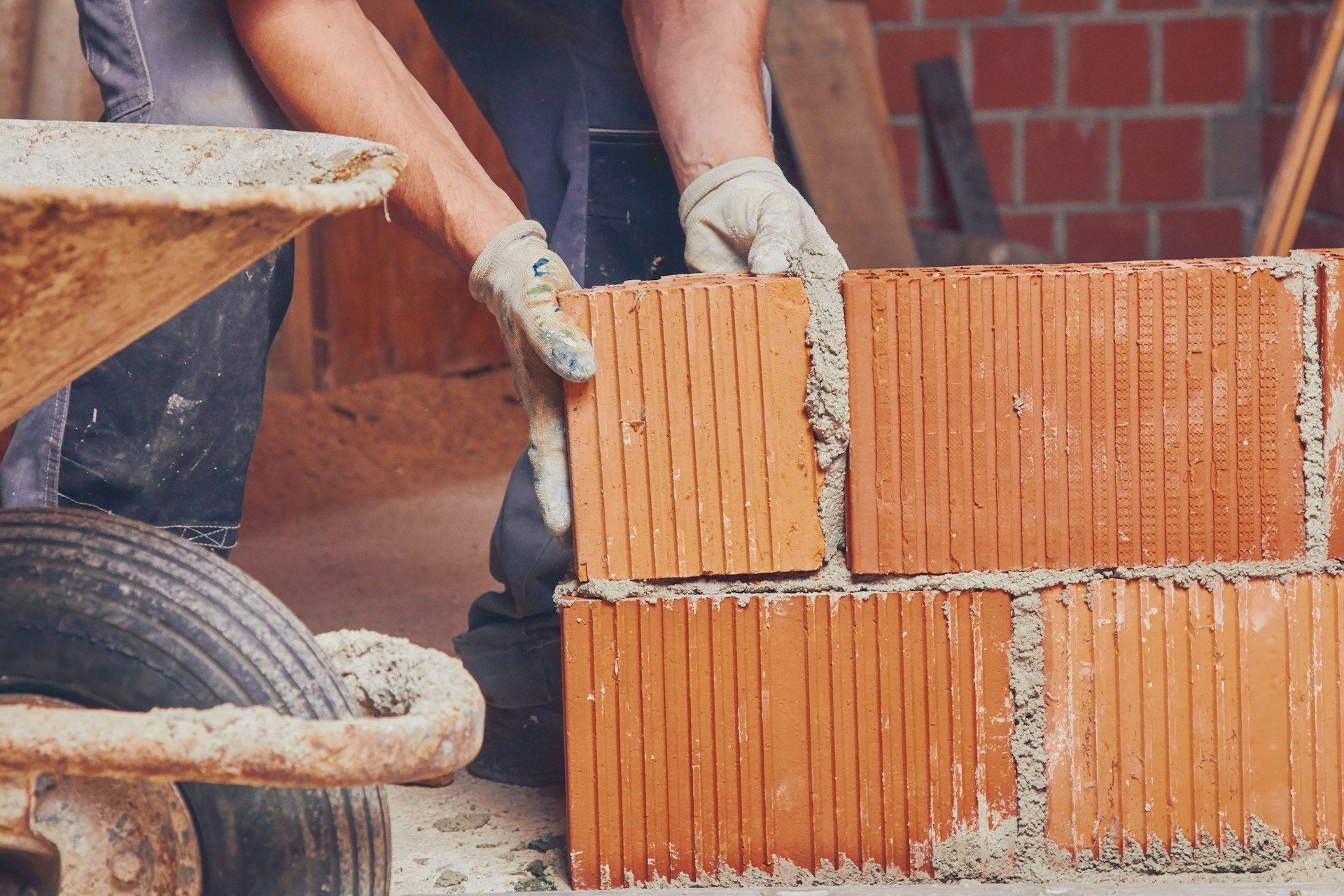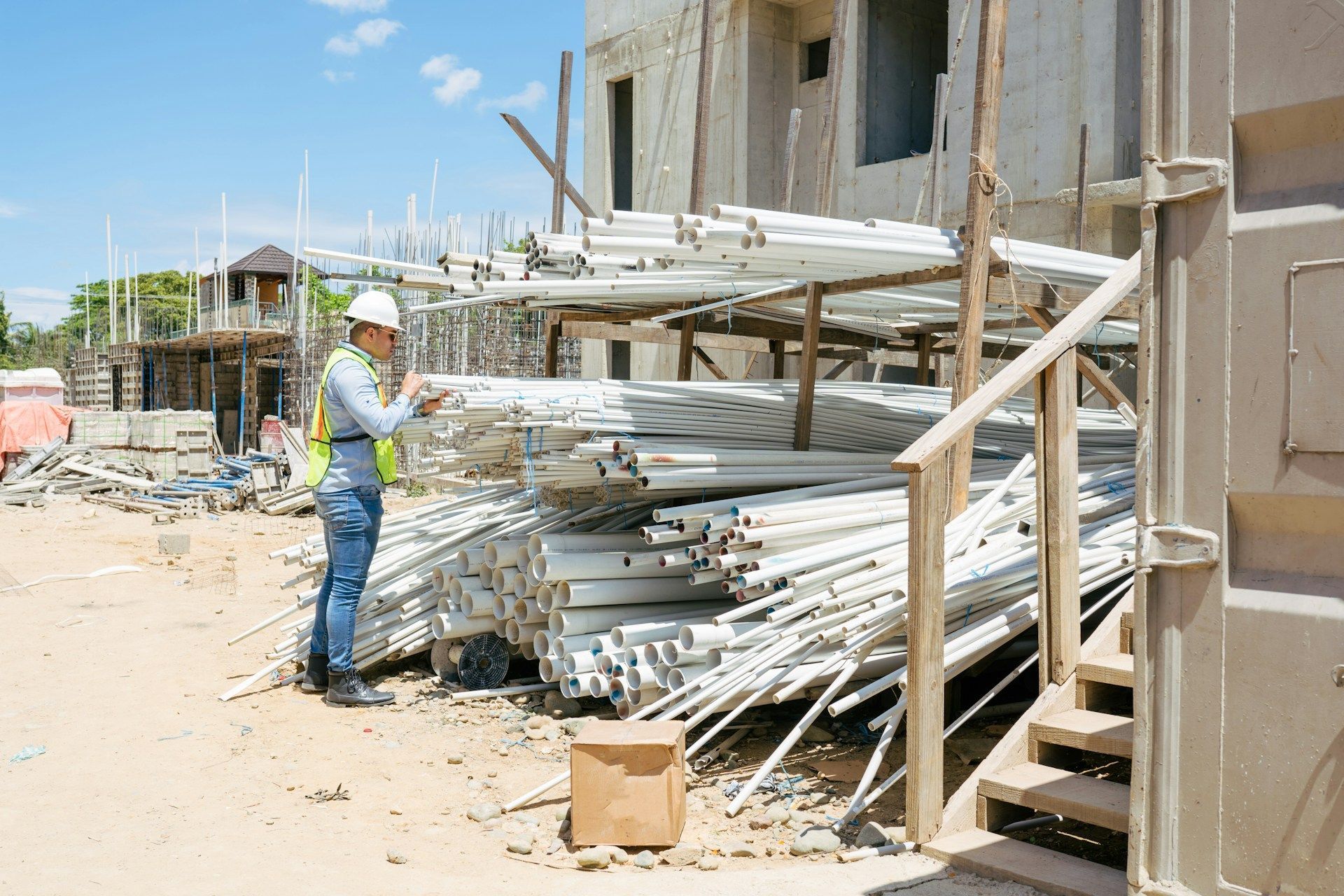Why Sustainable Building Materials Matter
When planning your next building project, the materials you choose can have a significant impact. Using sustainable building materials is becoming a popular choice for many builders and homeowners. These materials help reduce the environmental footprint of construction and support a healthier planet. At Social Circle Ace Home Center, we offer a variety of sustainable options to help you make environmentally friendly choices.
Sustainable building materials come from renewable sources or are designed to have a low impact on the environment. They include products that are recycled, reclaimed, or made from natural resources. By opting for these materials, you contribute to reducing waste and conserving natural resources. This is important for creating buildings that are not only cost-effective but also environmentally responsible.
Choosing sustainable materials can also improve the health and well-being of those who use the buildings. Many conventional building materials release harmful chemicals into the air, which can affect indoor air quality. Sustainable materials are often free of such pollutants, making indoor spaces healthier for occupants. Understanding these benefits can help you make informed decisions for your building projects, ensuring they are eco-friendly and sustainable in the long run.
Understanding Sustainable Building Materials
Sustainable building materials come from sources that are renewable and have a minimal impact on the environment. These materials can be recycled, reclaimed, or made from natural resources that regenerate quickly. They aim to reduce harmful effects on the planet and improve the overall efficiency of building projects.
One common characteristic of sustainable building materials is their longevity. Products like reclaimed wood and recycled metal not only reduce waste but also offer durability. This means fewer replacements and repairs over time, saving both resources and money. Utilizing these materials supports responsible consumption and helps reduce the strain on natural resources.
Additionally, sustainable materials often have a lower environmental footprint during their production process. For instance, bamboo grows rapidly and requires fewer chemicals, making it an eco-friendly alternative to traditional timber. Choosing materials with low embodied energy—meaning the total energy used to produce them—is crucial in creating a sustainable project. Understanding what makes a building material sustainable helps you make informed choices that benefit both your project and the environment.
Benefits of Using Sustainable Materials
Choosing sustainable building materials offers numerous benefits for both the environment and personal well-being. Here are some key advantages:
Environmental Impact
Using sustainable materials significantly reduces the environmental impact of construction projects. Traditional building materials often rely on non-renewable resources and generate a lot of waste. Sustainable materials, on the other hand, come from renewable sources or are recycled. This reduces the depletion of natural resources and minimizes landfill waste. For example, using reclaimed wood means fewer trees are cut down, and recycling metal reduces the need for mining new resources. By opting for these materials, you contribute to a more sustainable future.
Health and Well-Being
Sustainable materials also improve the health and well-being of building occupants. Many conventional materials release harmful chemicals, known as volatile organic compounds (VOCs), into the air. These chemicals can cause respiratory problems and other health issues. Sustainable materials often have little to no VOCs, promoting better indoor air quality. For instance, using natural insulation materials can reduce the risk of indoor pollution. Healthier living environments lead to improved well-being and productivity. Awareness of these health benefits highlights the importance of sustainable materials in building comfortable and safe structures.
Choosing sustainable materials for your building projects offers a win-win scenario: you help protect the environment while enhancing the quality of life for those who use the buildings.
Types of Sustainable Building Materials
Various types of sustainable building materials are available to suit different project needs. Understanding these options can help you choose the best materials for your construction.
Reclaimed Wood
Reclaimed wood is sourced from old buildings, barns, or other structures set for demolition. This type of wood reduces the need for new lumber and preserves forests. It also adds a unique, aged look to the project, enhancing its aesthetic appeal. Reclaimed wood is durable and often stronger than new wood because it has already been through years of use.
Recycled Metal
Recycled metal is another excellent sustainable option. Metals like steel and aluminum can be reused without losing their strength or quality. Using recycled metal helps decrease the demand for mining new materials, reducing environmental impact. This metal is versatile and can be used for framing, roofing, and other structural components.
Bamboo
Bamboo is a fast-growing, renewable resource that serves as a great alternative to traditional timber. It grows much quicker than trees, making it highly sustainable. Bamboo is strong, lightweight, and ideal for flooring, cabinetry, and even structural elements. Its natural look adds warmth and beauty to any space, all while being eco-friendly.
Insulated Concrete Forms (ICFs)
Insulated Concrete Forms are made from a combination of recycled materials and provide excellent insulation. They consist of hollow blocks or panels that are stacked and then filled with concrete. ICFs reduce energy consumption for heating and cooling due to their insulating properties, making buildings more energy-efficient. They also enhance the structure's durability and soundproofing.
How To Source and Choose Sustainable Materials
Finding and choosing sustainable materials for your project is essential for ensuring quality and environmental benefits. Here are some tips for sourcing these materials effectively:
Certified Products
Look for certifications on the products you plan to use. Labels like FSC (Forest Stewardship Council) for wood or Cradle to Cradle for various materials ensure they meet sustainability standards. Certified products have been vetted for their environmental impact, giving you confidence in your choices.
Local Suppliers
Sourcing materials from local suppliers reduces the carbon footprint associated with transportation. It also supports the local economy. When you buy locally, you are more likely to find materials that are suited to your environment, ensuring better performance and longevity. Visiting local suppliers allows you to inspect materials firsthand, ensuring their quality.
Comparing Costs and Benefits
Evaluate the costs and benefits of sustainable materials. While they might have a higher upfront cost, sustainable materials often save money in the long run. They require less maintenance and are more durable, reducing replacement costs. Consider the environmental and health benefits, which are often worth the investment. Comparing long-term savings with initial costs helps make a better decision for your project.
Conclusion
Choosing sustainable building materials is a step toward a greener, healthier future. By understanding the different types of sustainable materials and how to source them, you can make environmentally responsible choices that also benefit your project’s quality and durability. Sustainable materials like reclaimed wood, recycled metal, bamboo, and Insulated Concrete Forms offer unique advantages both for the environment and for the well-being of the building’s occupants.
Prioritizing these materials in your next project helps protect natural resources, enhance indoor air quality, and create more durable and efficient structures. If you're ready to make sustainable choices for your upcoming building projects, visit Social Circle Ace Home Center. We offer a wide range of sustainable
building materials to help you achieve your goals in the most eco-friendly way possible. Let’s build a better future together!
















